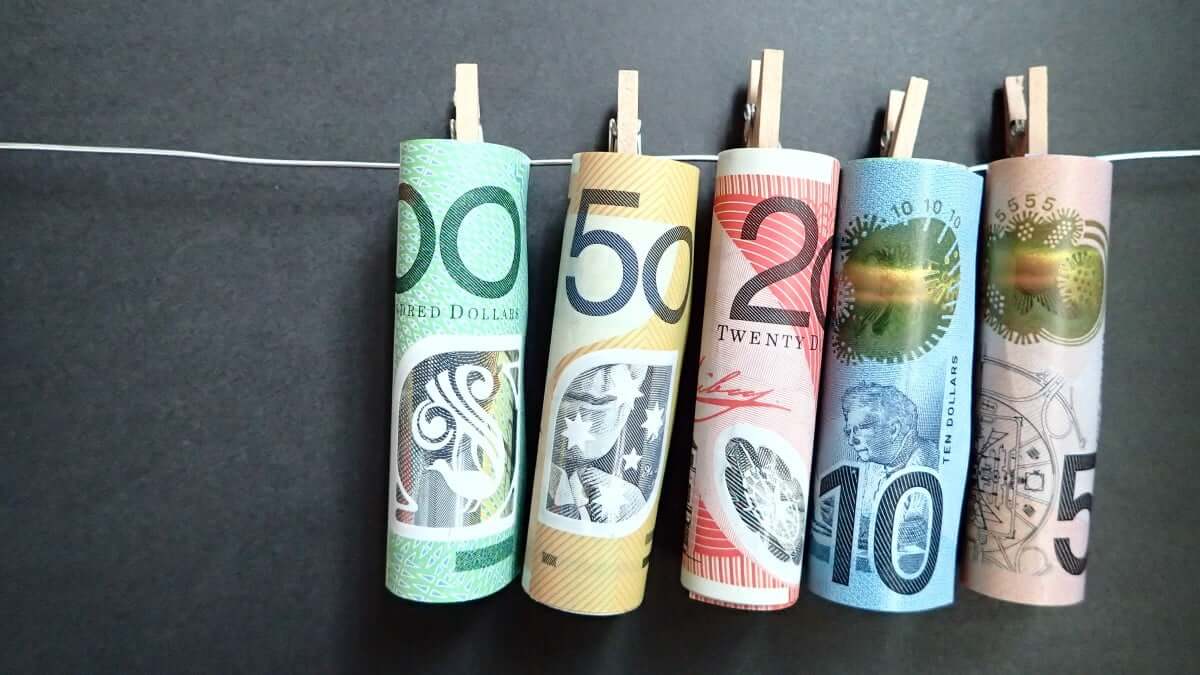
Aussie and Japanese Yen plunged Tuesday. What about USD?
The Australian dollar plummeted to a seven-week low on Tuesday. The Reserve Bank of Australia hiked its cash rate by 50 basis points. However, the bank also hinted that it is not planning rate hikes in the near future. Overall, the Aussie lost 0.43%. It traded at $0.6768 at last.
Meanwhile, the Japanese yen tumbled down lower than 142 per dollar today. On the other hand, the euro and British Pound attempted to rebound from multi-year lows versus the greenback reached on Monday. While the sterling managed to gain some ground, the common currency failed.
The U.S. dollar soared by 1.07% on the yen to exchange hands at 142.1. The USD-JPY pair skyrocketed to a new 24-year high. Overall, the greenback gained 23% against the Japanese yen thus far in 2022. HSBC analysts noted that the currency market is currently focusing on rate increases by major central banks. But the Bank of Japan stood out at the Jackson Hole symposium because it still reiterated its decision to keep monetary policy accommodative.
Analysts added that the USD-JPY pair’s correlation with U.S. yields had hit its strongest level. Considering that development, the bank changed its forecast for the pair. It now thinks that it will hit 144 at the end of the Q3, higher than the 140 hit previously. On Tuesday, the U.S. benchmark 10-year yield stood at 3.2557%. It climbed up from 3.191% reached on Friday. U.S. markets remained closed on Monday due to a holiday. On the other hand, the yield on 10-year Japanese government bonds sat at 0.24%.
How are the Euro and British Pound faring?
In Europe, the sterling and the common currency jumped over 0.6% against the greenback in morning trading. The British Pound maintained some of these gains, surging forward by 0.35% to $1.1564. But the euro reversed the course to trade flat at $0.99205 at last. It hovered slightly higher than its 20-year intraday low reached the day before.
The sterling was trading successfully on the crosses, as well. It rallied by 1.44% against the Japanese yen. On Monday, reports claimed that Britain’s incoming Prime Minister Liz Truss is thinking about freezing household energy bills. She wants to avert an impending winter cost-of-living crisis for millions of citizens as the energy crisis threatens the Eurozone.
European Union ministers plan to meet on September 9. They will discuss urgent measures in response to skyrocketing gas and power prices. The latter is weighing on Europe’s industry and increasing household bills. Russia stopped gas deliveries to the Eurozone recently.
Samy Chaar, the chief economist at Lombard Odier, stated that governments are currently working on price caps, aiming to support consumers. They also want to get a grip on the energy crisis.
What about the EM currencies?
The Chinese Yuan dropped to a new two-year low of 6.9784 in offshore trade on Tuesday. The authorities have tried to slow the currency’s recent decline, but thus far, their efforts have been unsuccessful. On Monday, the Chinese central bank cut the forex reserve requirement ratio (RRR), offering greenbacks for banks to sell.
In Asia, the South Korean won continues to decrease. However, an emerging market stocks index soared on Tuesday after a three-day losing streak. Shares in China boosted them after the country’s policymakers promised to take more measures to support the coronavirus-battered economy. Consequently, MSCI’s EM stocks index jumped by 0.2%. Before that, it had plunged by almost 3% during the last three sessions.
Chinese shares also added 1% after policymakers announced taking some steps to bolster the struggling economy. Jakob Christensen, the head of global macro research at Danske Bank, stated that the country is trying to hinder the decrease in its currency. The government is ready to lower the reserve requirement in hopes of encouraging the trade of the local currency. Despite that, the overall situation remains challenging.
On Tuesday, the Russian rouble exchanged hands at 60.88 to the dollar. It firmed even though economy Minister Maxim Reshetnikov said that the country’s economy would likely contract by 2.9% in 2022 before beginning to grow in 2023-24.
Moreover, South Africa’s rand surged forward by 0.2% today. Investors are waiting for the country’s second-quarter gross domestic product figures. The latter will give some hints about the health of the economy. The Romanian leu and Czech crown both tumbled down by 0.1% versus the euro, though. But Poland’s zloty added 0.1%.




